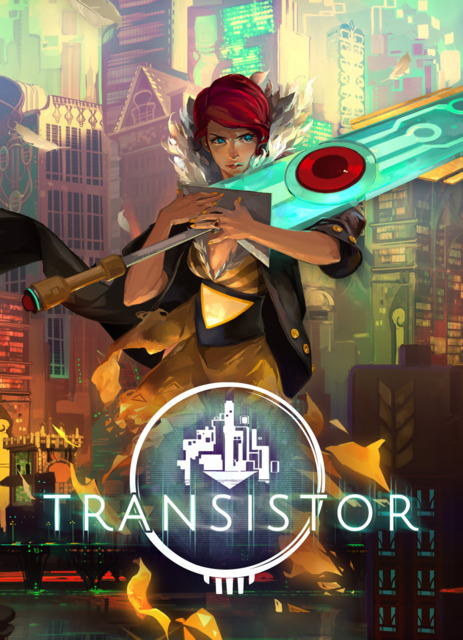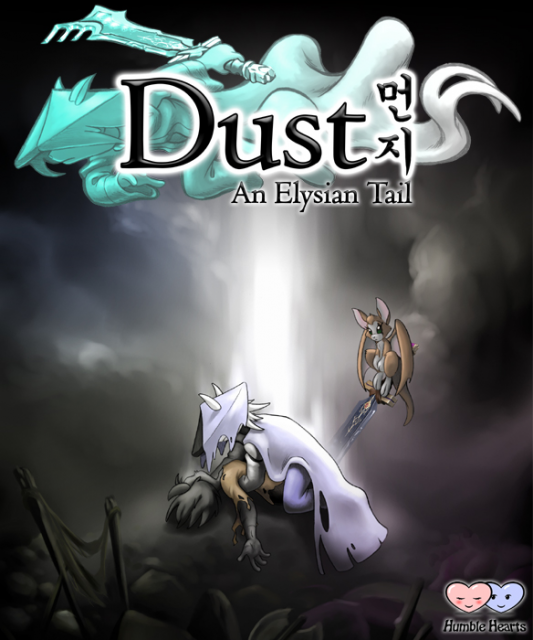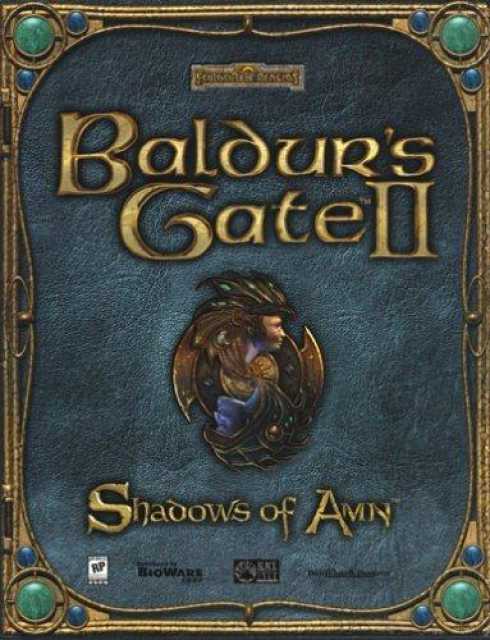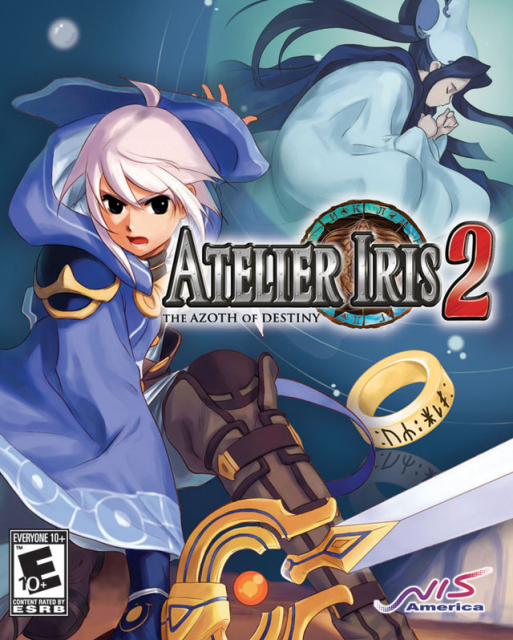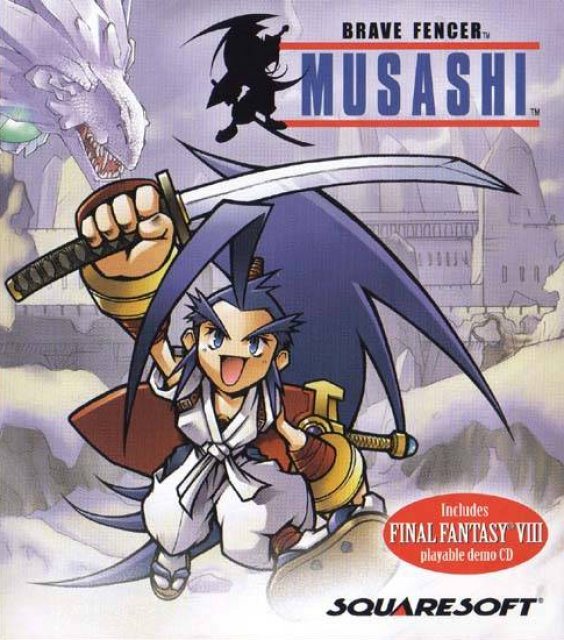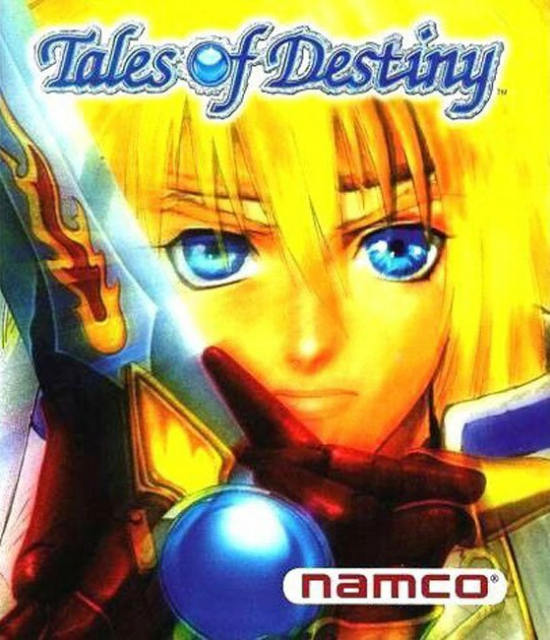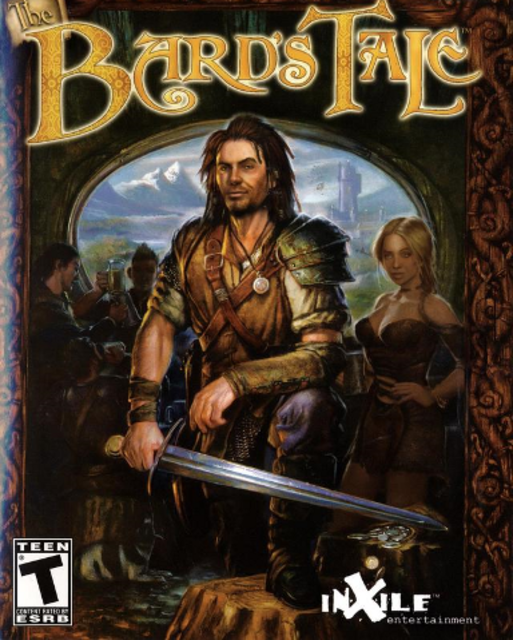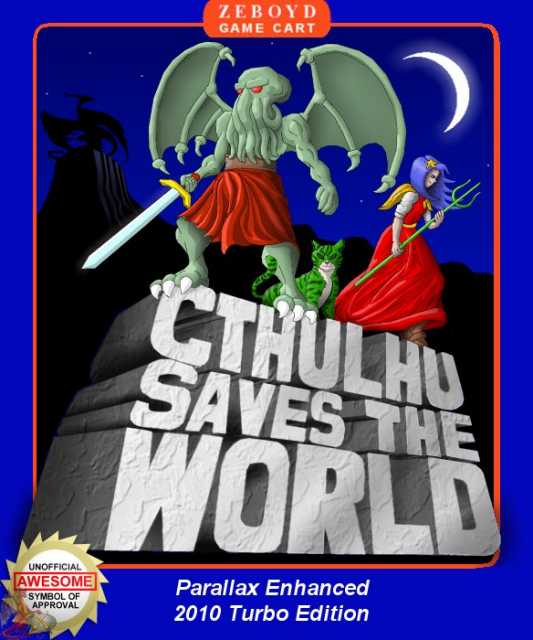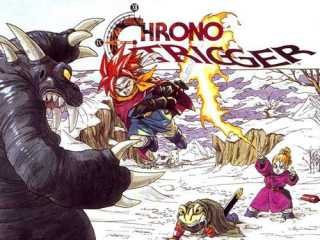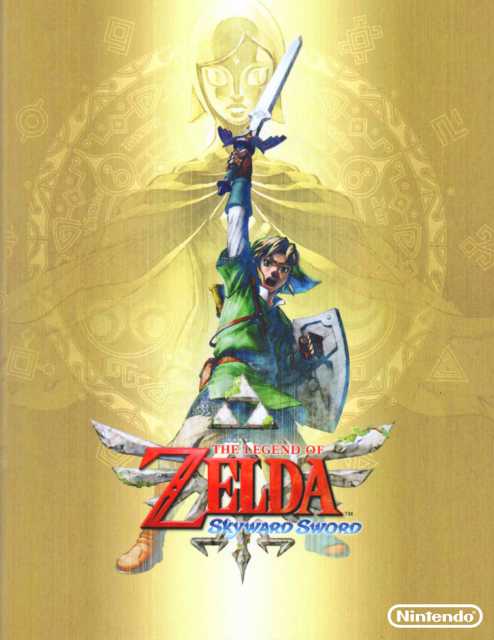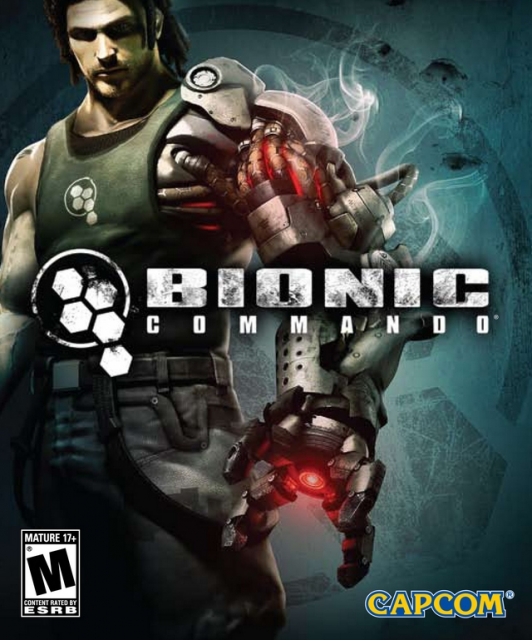Rapier Wit
Supergiant Games's new joint Transistor is the latest game to feature a talking weapon, so here's a look at a few other examples.
Creating a conversational partner out of a tool has always struck me as an interesting attempt to anthropomorphize the only "partner" many RPG and action game characters have at their side. There are also the fun narrative hurdles of justifying why a sword is even able to belittle their owner's lack of fencing finesse in the first place, beyond simply saying "well, it's a magic sword, doy." We could also be talking about a soul trapped in the blade, a polymorph gone awry, or some other interesting contrivance to explain a sassy scramasax or flippant falchion.
As always, additional suggestions are welcome below. I'm aware I'm missing some of Dante's weapons, but then I really need to play more of that series at some point, if only to understand why everyone was so indignant about the last one.

